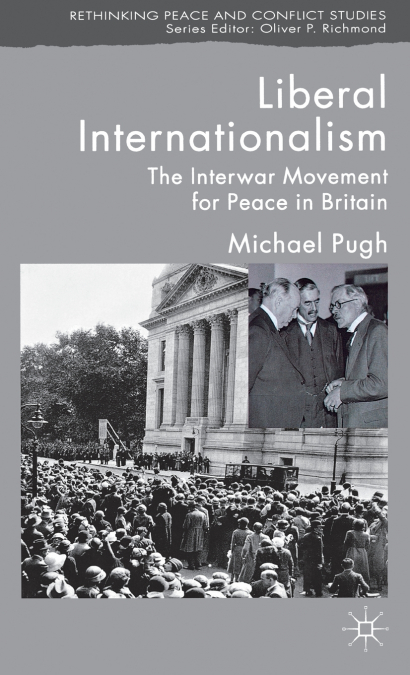
Michael Pugh
Concepts and policies deriving from political and social movements in support of liberal nationalism are hotly debated today. Civil society has actively engaged in controversies over intervention in Kosovo, Sierra Leone, Afghanistan, Iraq and the Lebanon. Pugh investigates the role of popular liberal internationalism as a social movement in Britain, addressing the use of force for peace through an examination of the impact of civil society actors in between wars. The interwar social movements had a massive and lasting influence on British approaches to international politics and influenced the UN’s approach to peacekeeping, use of force and peace-building. This book considers social movements for peace and security which probe below the level of state policies. Using Gramscian and Foucauldian ideas of civil society and society, it critically examines the factions and fluidities of a movement that was suffused with values at once humane and superior, tolerant and dogmatic, universalistic and imperial. Pugh explores one of the most powerful social movements for collective security in modern history, a movement which trespassed conventional political boundaries and provided innovative ideas for constructing peace through collective security.